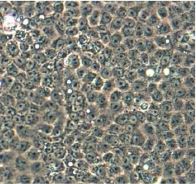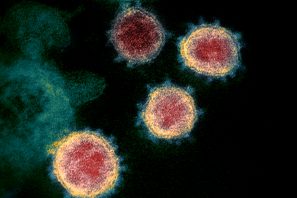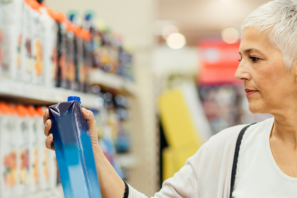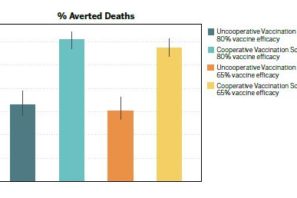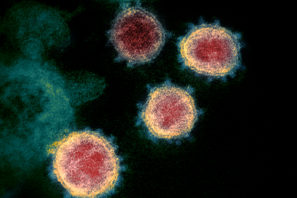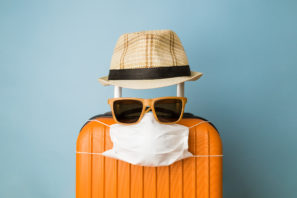UF Psychology professor Lisa Scott discusses the effects of traditional face masks on early childhood development.
Coronaviruses common to animals may ‘spillover’ into people more frequently than once thought, according to new research from UF and Haitian investigators.
John Lednicky's past decades of inquiry into coronaviruses have positioned him as one of UF’s go-to experts on the coronavirus.
Choices are affected by how people see the world, whom they trust, their perceptions of risk and consistency of message.
UF/IFAS food safety experts answer your questions to debunk facts vs. myths on shopping safely for groceries.
The COVID-19 pandemic has been a lifesaver for shelter animals. During the past year, Florida’s animal shelters have collectively saved...
Millions of isolated people have found comfort by chatting with an AI bot. Therapeutic bots have improved users’ mental health for decades.
Which global distribution strategy for a hypothetical COVID-19 vaccine will save the most lives?
A protein thought to be the novel coronavirus’ entryway into the body could not be detected in the insulin-producing cells of the pancreas in three dozen individuals.
A lack of coordination in measures to control COVID-19 may accelerate cyclical outbreaks, according to a team of UF researchers.
As laborers return to the fields this fall in Florida, both unauthorized workers and those authorized to plant and pick crops through a guest worker visa are vulnerable to the coronavirus.
Guilt and shame are two prevailing emotions surrounding COVID-19. This guilt stems in part from the fact that anyone could be a potential carrier of the virus.


